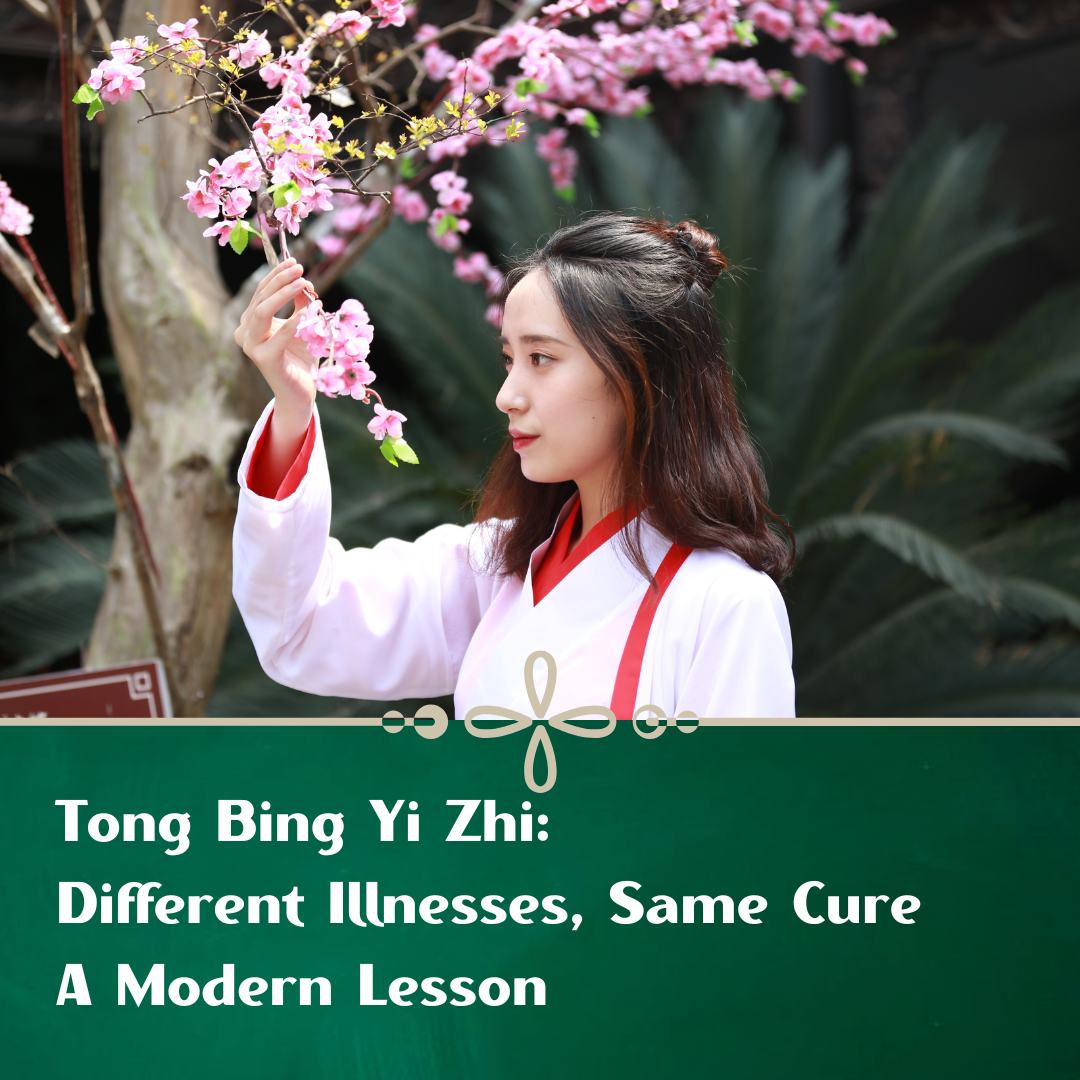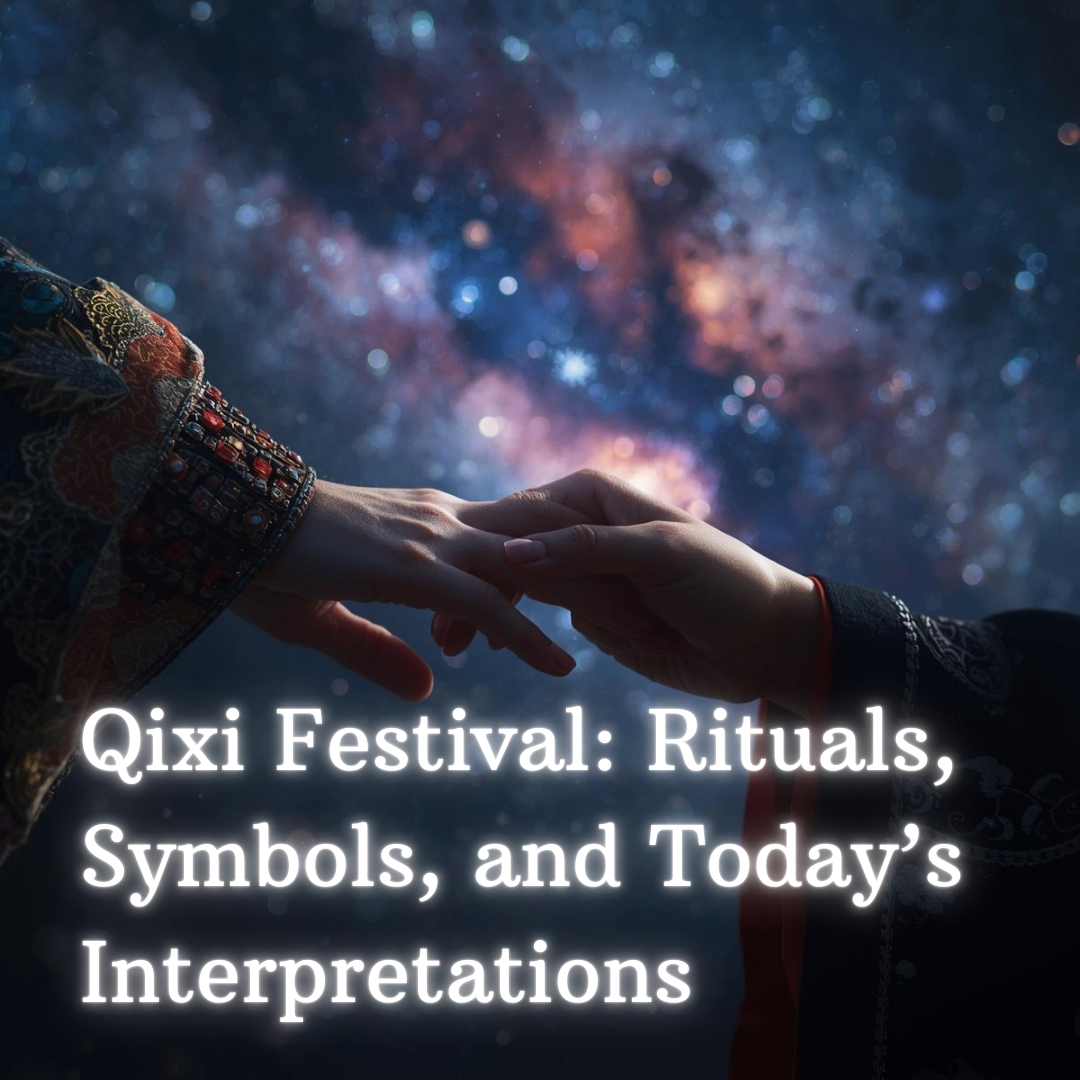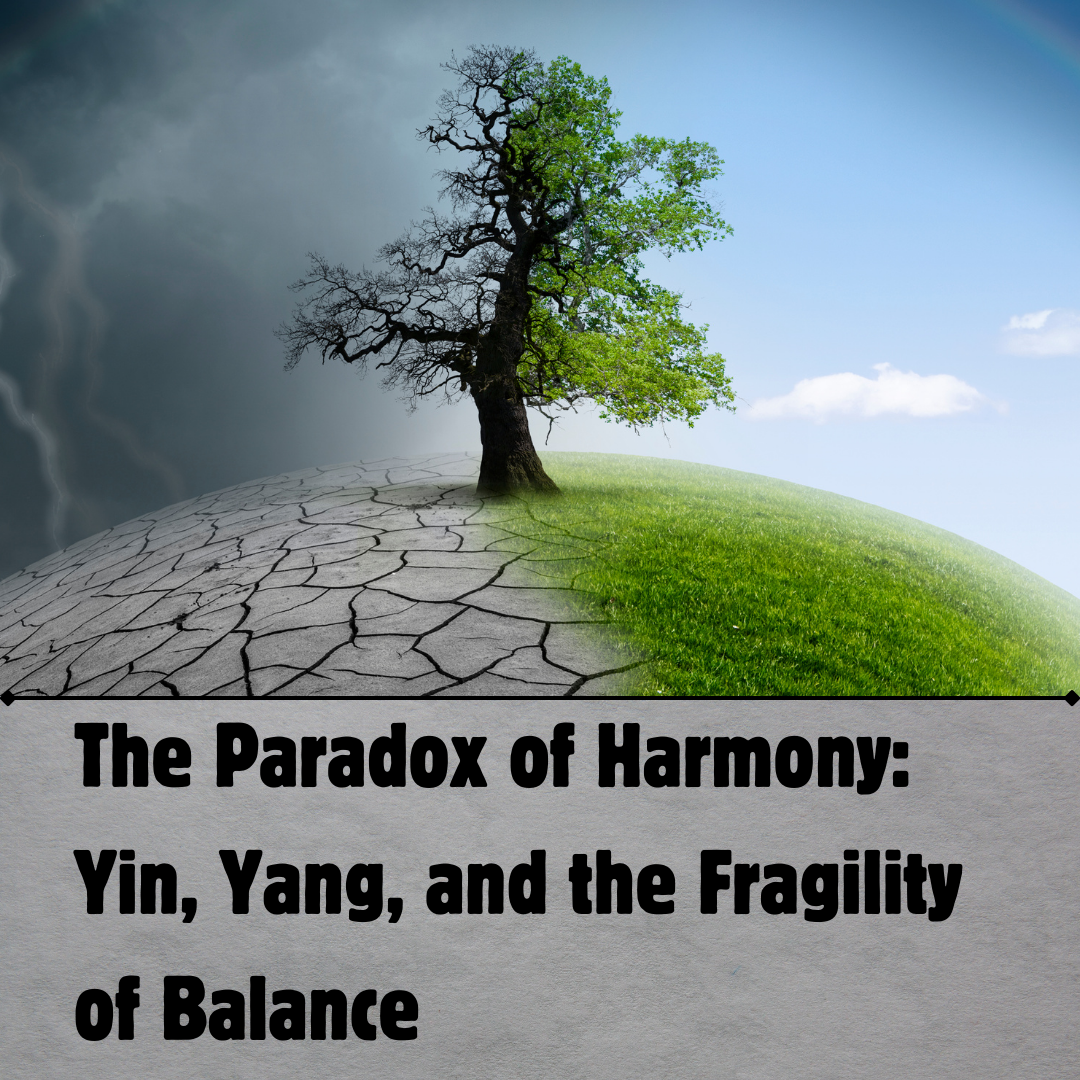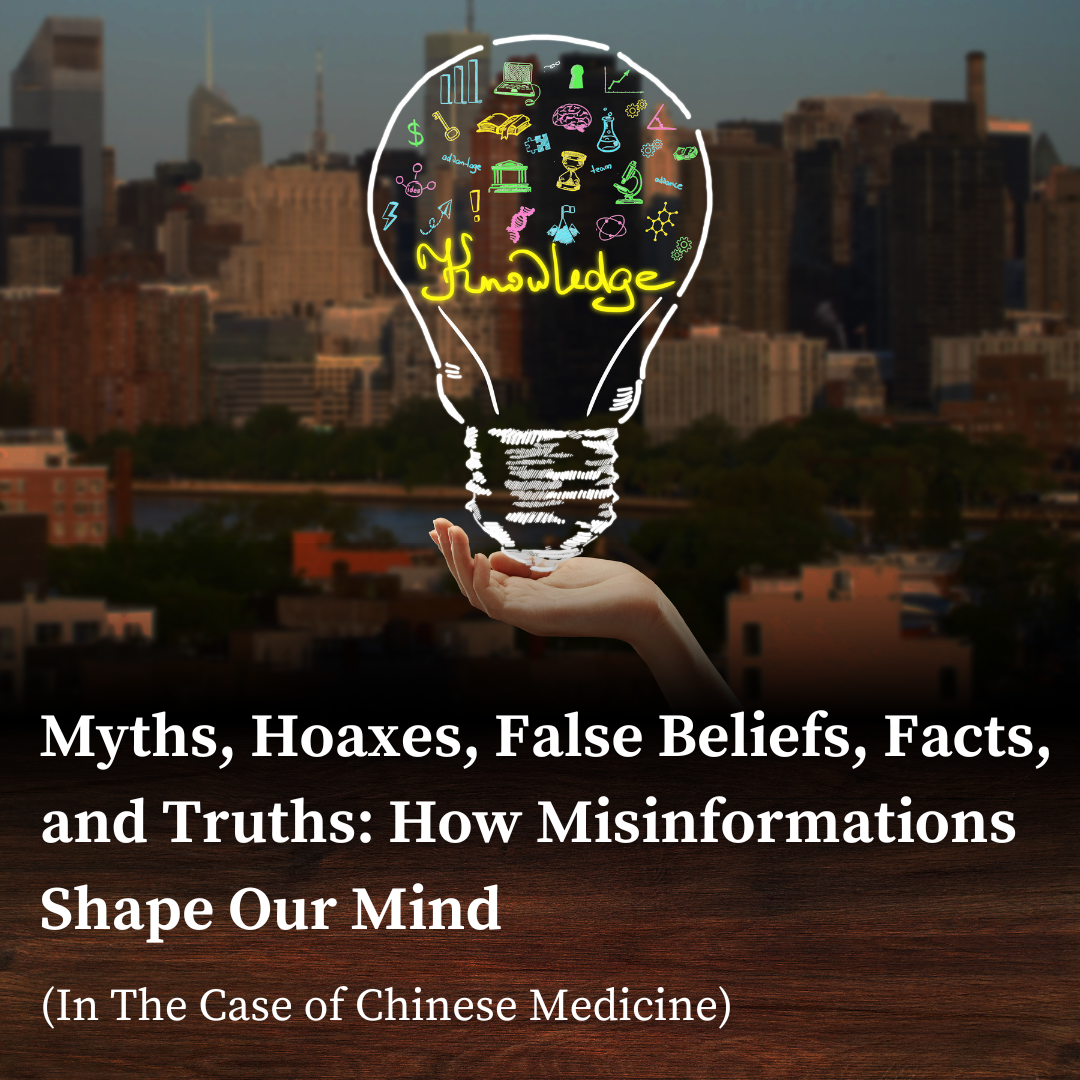In an age of deadlines and digital urgency, Mangzhong—the ninth solar term in the traditional Chinese calendar—quietly reminds us that nature does not move in straight lines. It is a time when wheat is harvested and rice is planted, when sowing and reaping unfold not in sequence, but in simultaneity. What appears to be an agricultural detail reveals something deeper: a wisdom for navigating the contradictions of modern life, where effort and exhaustion, ambition and rest, must coexist. Mangzhong offers not escape, but insight—into how we might live, work, and thrive within paradox.
☯️
Mangzhong is the ninth solar term of the 24 solar terms in the traditional Chinese lunar calendar. Like the important moments marking seasonal transitions that I have discussed previously in articles such as Xiao Man, Li Xia, Gu Yu, and Jing Zhe, Mangzhong also carries great significance—and interestingly, not only for agriculture but also in our daily lives. Yes, this system, which appears to apply only to farmers, unexpectedly offers profound wisdom to us as well.
Mangzhòng usually falls around June 5th to 7th. In Mandarin, “Mángzhòng” is divided into two words: “Mang” and “Zhong”, which respectively mean:
- “Máng” (芒) refers to the fine hairs (feather-like tips) of plants such as wheat and rice.
- “Zhòng” (种) means “planting” or “sowing.”
So here, Mangzhong refers to the activities of both planting and harvesting in agriculture.
There is a phrase: “有芒的麦子可收,有芒的稻子可种。” which means, “Harvest the bearded wheat; sow the bearded rice.”
And another phrase, “有芒之谷类作物可种,过此即失效,” which means, “Grain crops with awns (e.g., wheat, barley) can still be planted [before Mangzhong], but if you miss this window, it becomes ineffective.”
What do these phrases mean?
Do they suggest that we can draw a common thread between this agricultural system and the chaos of modern life that we experience daily?
☯️
Laypeople who do not understand the agricultural system might think: in one season, it is suitable either for planting or for harvesting. If you do not plant, then you harvest. You cannot do both at once.
For example, when I plant roses, I plant, wait for them to grow, bloom, admire the beautiful flowers, and then watch them wither and fall to the ground, to be replaced by a cycle that repeats itself.
However, in Mangzhong, planting and harvesting are done simultaneously.
Once harvesting is completed, planting must begin immediately.
Usually, Mangzhong (芒种) is primarily known for harvesting wheat in the north and planting rice in the south.
However, planting and harvesting activities are carried out simultaneously, sometimes even overlapping in certain regions:
- Southern China: Harvesting Rapeseed & Planting Rice
In parts of southern China (e.g., Jiangsu, Zhejiang, Hunan), farmers may harvest rapeseed (canola) just before or during Mangzhong, then immediately plow the fields and transplant rice seedlings.
- Northern China: Wheat Harvest & Quick Replanting
After harvesting wheat, northern farmers (e.g., Shandong, Hebei) often rush to plant drought-resistant crops such as corn, millet, or soybeans to utilize the land before autumn.
Why the Mix?
- Climate Variations: Southern China has earlier rice cycles, while the north focuses on wheat harvests.
- Agricultural Efficiency: Farmers rotate crops quickly to maximize land use, especially in central regions (e.g., Henan, where both activities may occur).=
Although farmers, especially in China, are accustomed to this dualism and are not confused by it, it is no wonder that we, ordinary people, may feel perplexed.
But wise individuals can derive wisdom from this—wisdom for modern life.
Dualism is Inevitable
Sometimes, we want life to proceed linearly. If a schedule is set, then it should be followed; there should be no confusing dualism. If you have planted, then simply plant—why also harvest? How can planting and harvesting be done simultaneously, even overlapping? It is the same with our jobs. We want only to work in the office, but we must also work part-time because the salary is insufficient to support the family. Does life not become exhausting?
However, dualism is sometimes inevitable.
Don’t Miss the Opportunity—Even Though We Are Tired?
We have worked hard. We labor from morning until evening. What we seek is rest.
But what if life does not grant us that “privilege”?
What if the only way to succeed is, “As soon as you harvest, you must begin working again”? “As soon as you get home from the office at 5 p.m., you must go elsewhere for a side job”?
And what if that is the only path available for you to achieve success?
Of course, we wish to be like “the heirs and heiresses of billionaires who own multiple companies across the world”—filthy rich from birth, living comfortably without working hard—of course we desire that. However, what if that privilege was not given to you, and your path to success lies instead in working hard amidst dualism?
Because, opportunities sometimes come at times when they are hardest to grasp.
Balance in Contradiction
Do we focus solely on work? Only on seeking opportunities for success? Is life to be judged solely on that basis?
Of course not, right?
After being exhausted from pursuing various opportunities amid adversity, we need rest. Alternating roles between “planting” and “harvesting,” working part-time after a full-time job, undoubtedly drains a great deal of energy.
However, that is no excuse not to rest.
Even our phones must be turned off and recharged. Inanimate objects require rest—what about us, living beings?
Alertness in seizing opportunities, flexibility in adapting to dualism, and resistance to a rigid way of life are all important. However, no less important is this:
Balance within the contradiction of dualism.
The art of finding rest amid the busyness of pursuing success
It is difficult. Yet it must be done.
May we all manage to do so well.
May we all be granted success, health—and happiness.
What came to mind as you read this? I’m curious to hear. Please share your thoughts in the comments below. 🙂







